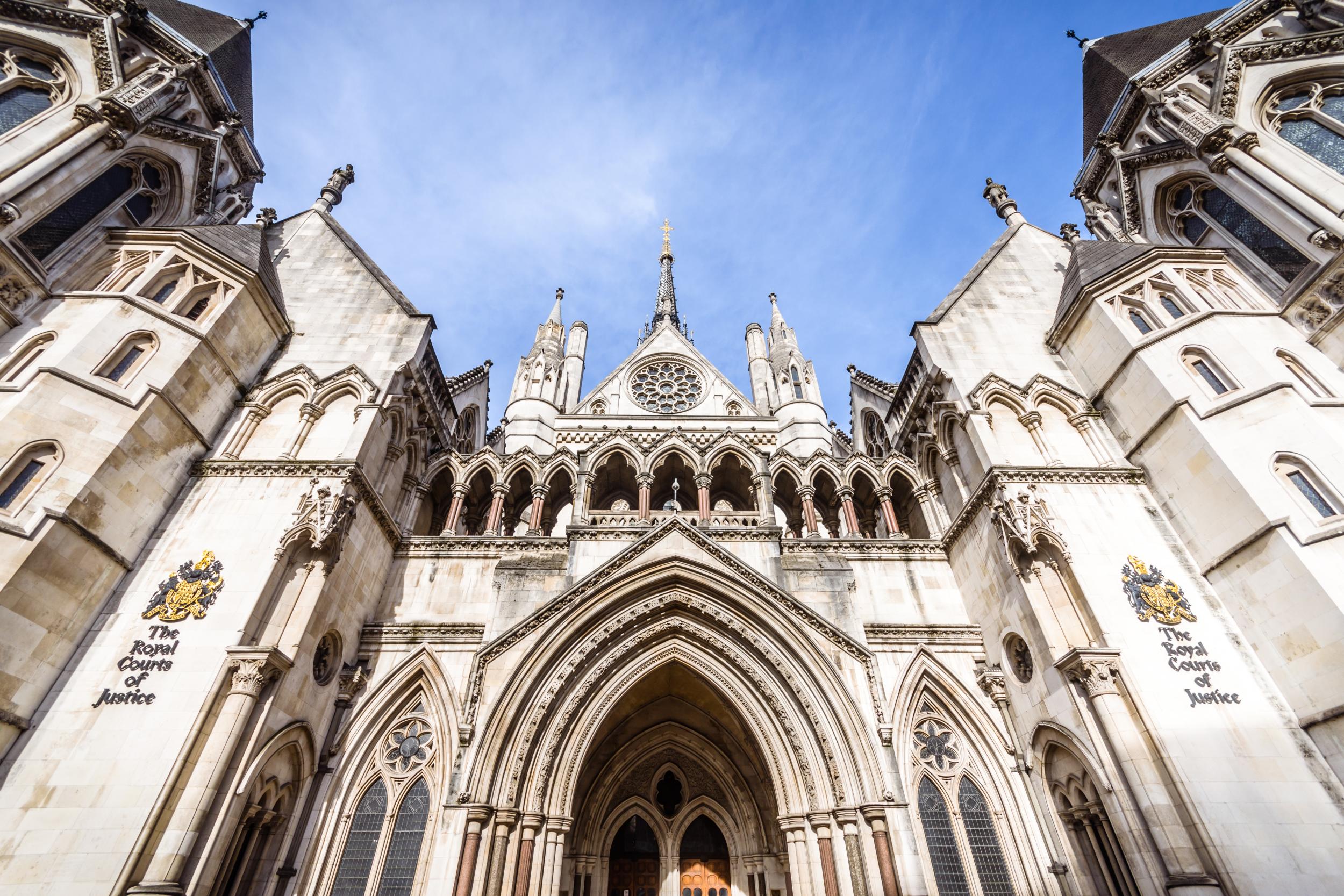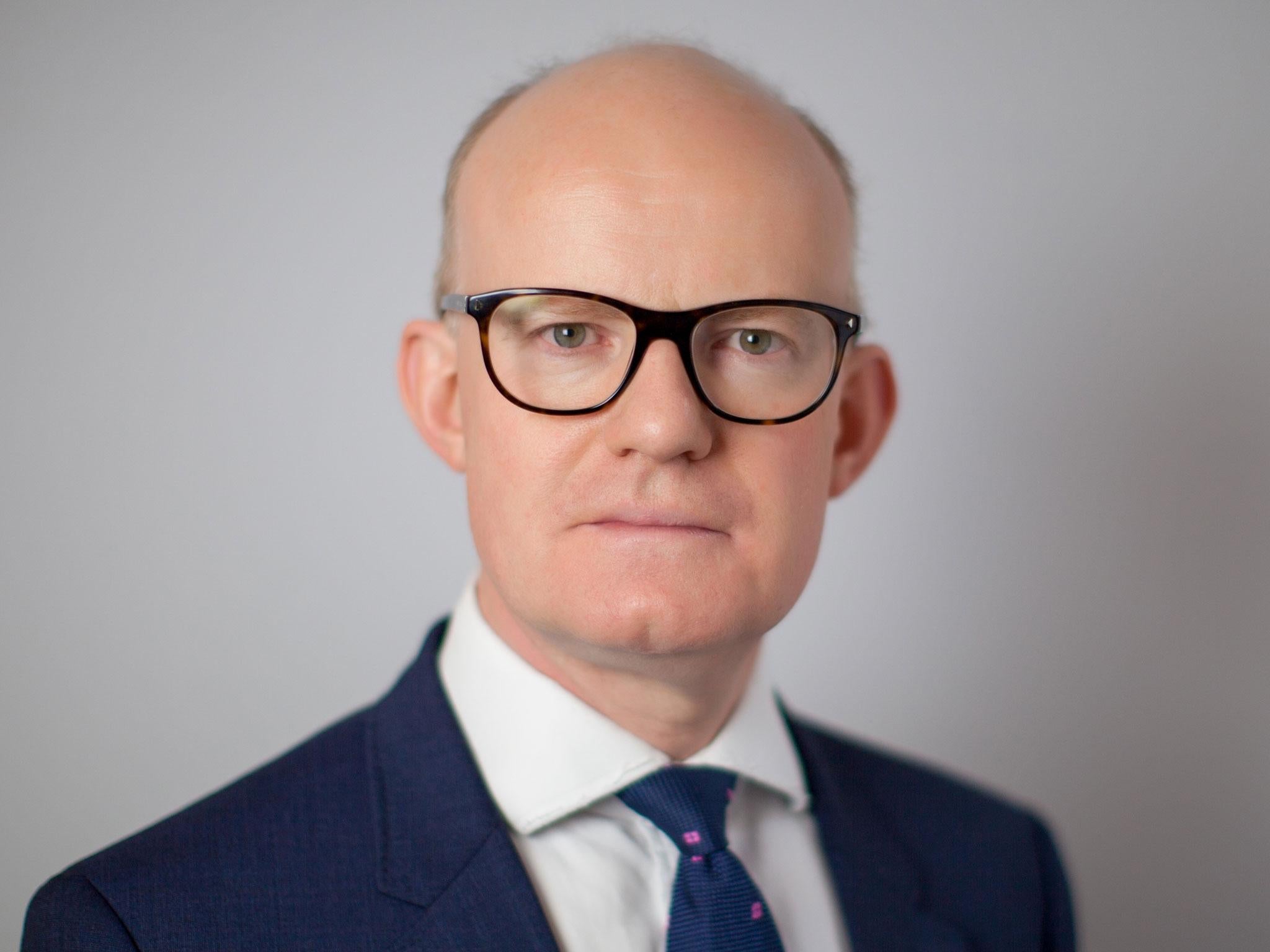Rape victims 'denied justice' as convictions fall to record low
'Shameful' figures released as women's groups win latest stage of legal battle over plummeting prosecutions

Rape victims are being “denied justice”, critics have said after prosecutions and convictions dropped to a new record low.
Only 1,439 people were convicted in rape-related cases in the year to March, according to new statistics released by the Crown Prosecution Service (CPS), down a quarter on the previous year.
Completed prosecutions also reached a record low after falling by almost a third, from 3,034 in 2018-19 to 2,102.
Only 1.4 per cent of more than 55,000 rapes recorded by police in the same period were charged.
Victims’ advocates have accused the CPS of allowing the “effective decriminalisation of rape”, and prosecutors have announced a five-year plan to narrow the gap between reports and charges.
The latest figures were revealed as women’s groups won the latest stage of a legal battle over accusations that prosecutors have been removing “weaker cases” from the system to improve conviction rates.
The Court of Appeal allowed the challenge to go ahead and overturned a previous ruling by the High Court.
Although the number of convictions has fallen, the latest figures show that as a proportion of cases charged they rose to 68.5 per cent in the year.
The End Violence Against Women Coalition, which is bringing the judicial review, said there had been a “vacuum of leadership and accountability”.
The Centre for Women’s Justice, which is acting on behalf of the coalition at the Court of Appeal, said rape victims “had a much better chance of seeing justice being done” five years ago.
Director Harriet Wistrich asked: “How can it be that we have moved so far backwards in a crime that is so serious and does so much harm?”
Lord Falconer, Labour’s shadow attorney general, said there had been “no adequate explanation to why the figures have dropped so sharply”.

“The CPS needs to urgently identify the causes of why prosecution levels are so low, learn these lessons quickly and act swiftly to reverse this worrying deterioration of prosecution levels to ensure that victims of rape and sexual violence are not denied their right to justice,” he added.
Daisy Cooper, the Liberal Democrats’ justice spokesperson, said authorities were failing survivors of sexual violence “allowing too many criminals to walk free”.
“The government announced a review to identify why convictions have fallen more than a year ago, but the group conducting it has only met four times and we still haven’t seen any results,” she added.
Dame Vera Baird, the Victims’ Commissioner for England and Wales, called the statistics “utterly shameful”.
“There are 1,500 fewer rapists being convicted than three years ago,” she added. “Rape is a serial offence and rapists carry on until they are stopped.”
The CPS figures show a 19 per cent drop in the number of rape cases referred to the prosecutors by police, down from 3,375 in 208-19 to 2,747.
The National Police Chiefs' Council (NPCC) described the fall in the number of convictions as ”very concerning“ and said they were committed to changing the way investigators work.
A joint statement from its leads for rape, domestic abuse and charging said several reasons were behind the drop in the number of cases passed to prosecutors.
“We are hearing from our officers that it is becoming harder to achieve the standard of evidence required to charge a suspect and get a case into court,” it added.

“Investigators are working incredibly hard to try and reach that standard.”
The NPCC said police were also concerned about mounting delays between rape reports and charging decisions, partly blaming the “high evidential threshold” and examinations of complainants’ mobile phones.
And the average time for the police and CPS to bring a charge increased to 145 days, compared with 108 in 2018-19.
The CPS said it was ”working hard to reverse the trend we've seen in recent years“ as a new five-year strategy was unveiled to improve the rate of conviction in rape cases.
Max Hill QC, the Director of Public Prosecutions, told BBC Radio 4's Today programme: "I do accept the scale of the problem but we must also accept if we are talking about that, that looking back three or four years some serious mistakes were also being made.
“There were cases going to court which shouldn't have been going to court, so we have had to eradicate that as well.”
The CPS strategy includes a joint action plan with police and giving officers legal advice early in investigations.
Mr Hill also said more alleged rape victims should be allowed to pre-record evidence to avoid coming to court for trial, and victims who do need to attend should be offered a “digital walkthrough” of the process so that they know what to expect.
He said “trends are moving in the right direction”, pointing to a rise in the proportion of cases referred to the CPS by police that result in charges.
